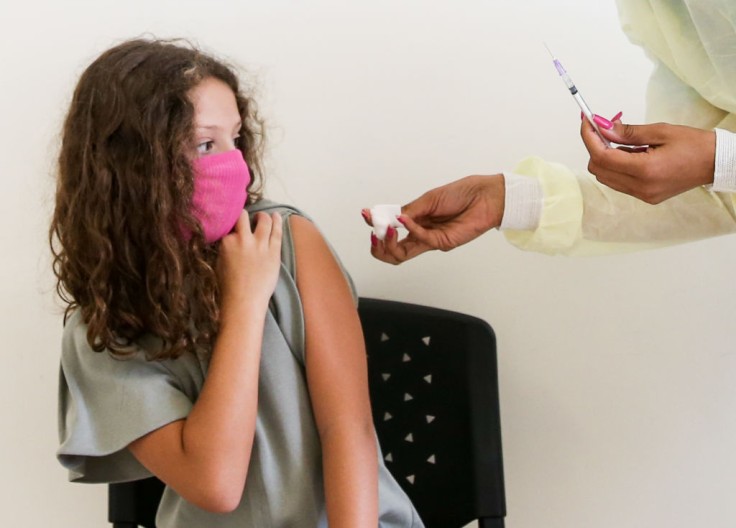
The leading scientist of the World Health Organization (WHO), Dr. Soumya Swaminathan, has suggested that COVID boosters for children and teenagers are not needed to supplement their current vaccinations if they have no health issues.
During a WHO briefing with the Strategic Advisory Group of Experts on Immunization (SAGE), Swaminathan said there is "no evidence right now" on subjecting healthy children to another vaccination shot. She said that the point of giving boosters is to protect groups with the highest risks for severe complications of COVID-19, such as the elderly population, the healthcare frontliners, and those with compromised immunities or underlying conditions.
Though vaccine researchers have confirmed that immunity against the COVID-19 Omicron variant may wane among those who have had their first and second doses, Swaminathan believes that more research must be done to determine who else should get the boosters aside from the vulnerable groups.
Booster Every Three Months?
Dr. Michael Ryan, WHO's executive director for health emergencies, acknowledged the people's apprehension over the possibility that boosters will be given every three months. But the doctor also said they still have no answers to this concern because further studies are still being undertaken.
The current assessment is that COVID vaccines could suffice with just two shots among the healthy population. However, some people may need three to four if they have underlying conditions.
The comments from the WHO officials come as the U.S. Centers for Disease Control and Prevention (CDC) and the U.S. Food and Drug Administration (FDA) announced in early January 2022 that booster shots might be administered to children in the ages of 12 to 17 as well as immunocompromised young people in the ages of 5 to 11 years old.
The FDA also trimmed down the time it needs for teenage kids to get the boosters from six months to five months after the second vaccination. Per FDA Commissioner Dr. Janet Woodrock, the trimming down was due to the current wave of infection brought on by Omicron.
"It's critical that we continue to take effective, life-saving preventative measures such as primary vaccination and boosters," Woodrock said.
However, these changes are only good for Pfizer vaccines. According to the FDA, individuals who have been vaccinated with Moderna will still need to wait six months for the boosters. The agency also said that the Pfizer booster shots for 12- to 15-year-old kids had no reported safety concerns based on a study among 6,300 children.
Side Effects of COVID Boosters in Kids
The CDC said that most children had experienced mild side effects from their COVID boosters, similar to adults. These include soreness on the injection site, fever, and fatigue.
A rare but mild side effect may also include myocarditis or heart muscle inflammation, especially in male children. But the experts emphasized that acquiring COVID-19 poses more risks than the vaccine, no matter the age or gender of the individual.
Booster shots are readily available at mass vaccination sites, doctor's clinics, public health offices, and pharmacies with vaccination programs. While kids typically have a low risk for severe complications from the disease, the American Academy of Pediatrics reported that the case counts among the children have been the highest as of early January 2022. The group said that one in 10 children in the U.S. had acquired the virus two years ago since the beginning of the pandemic.